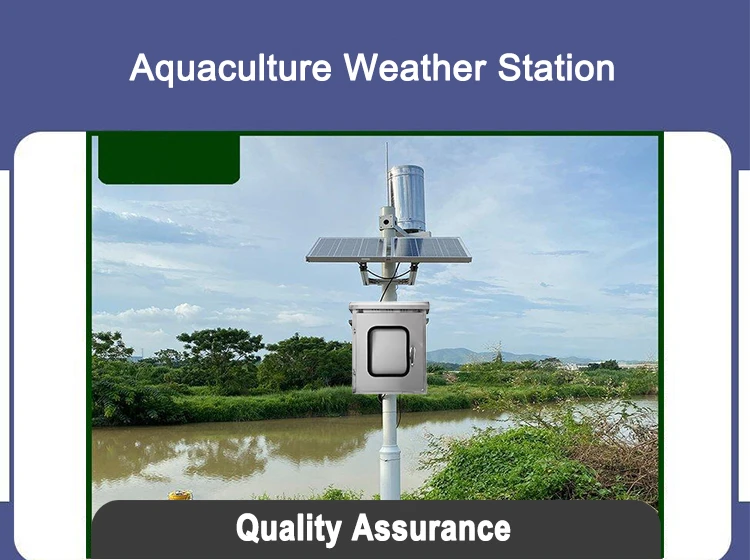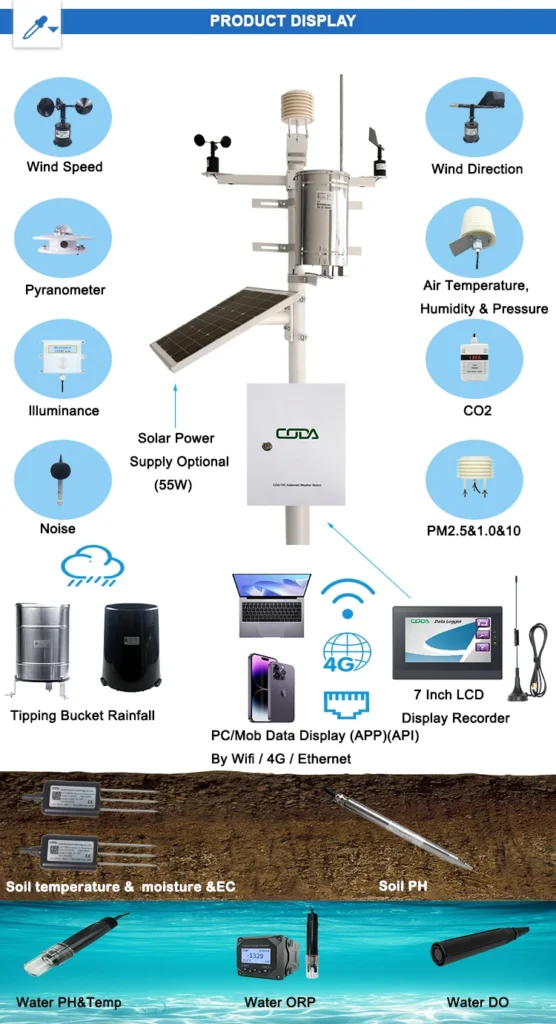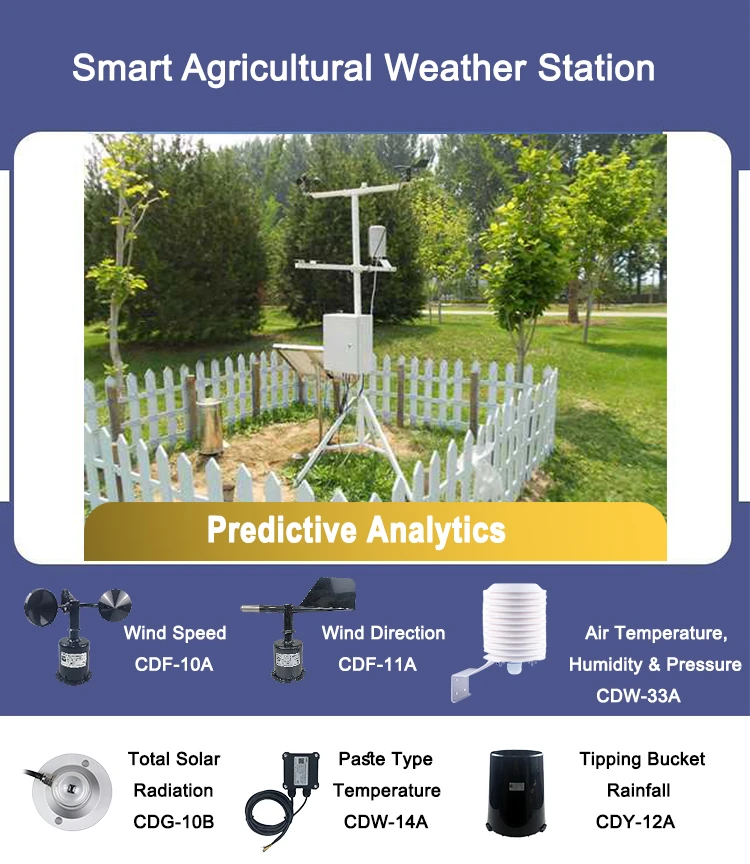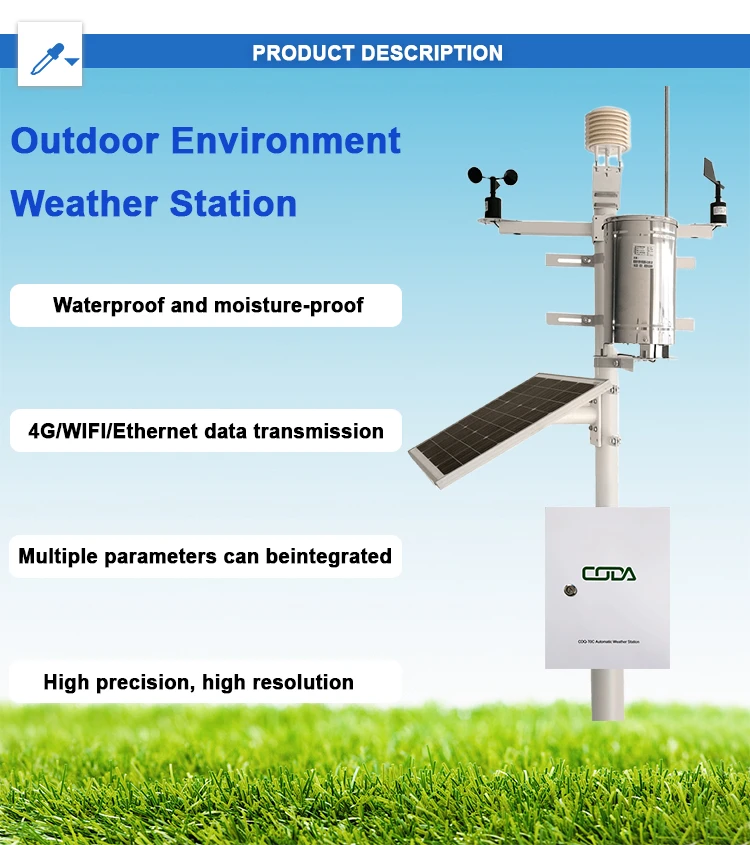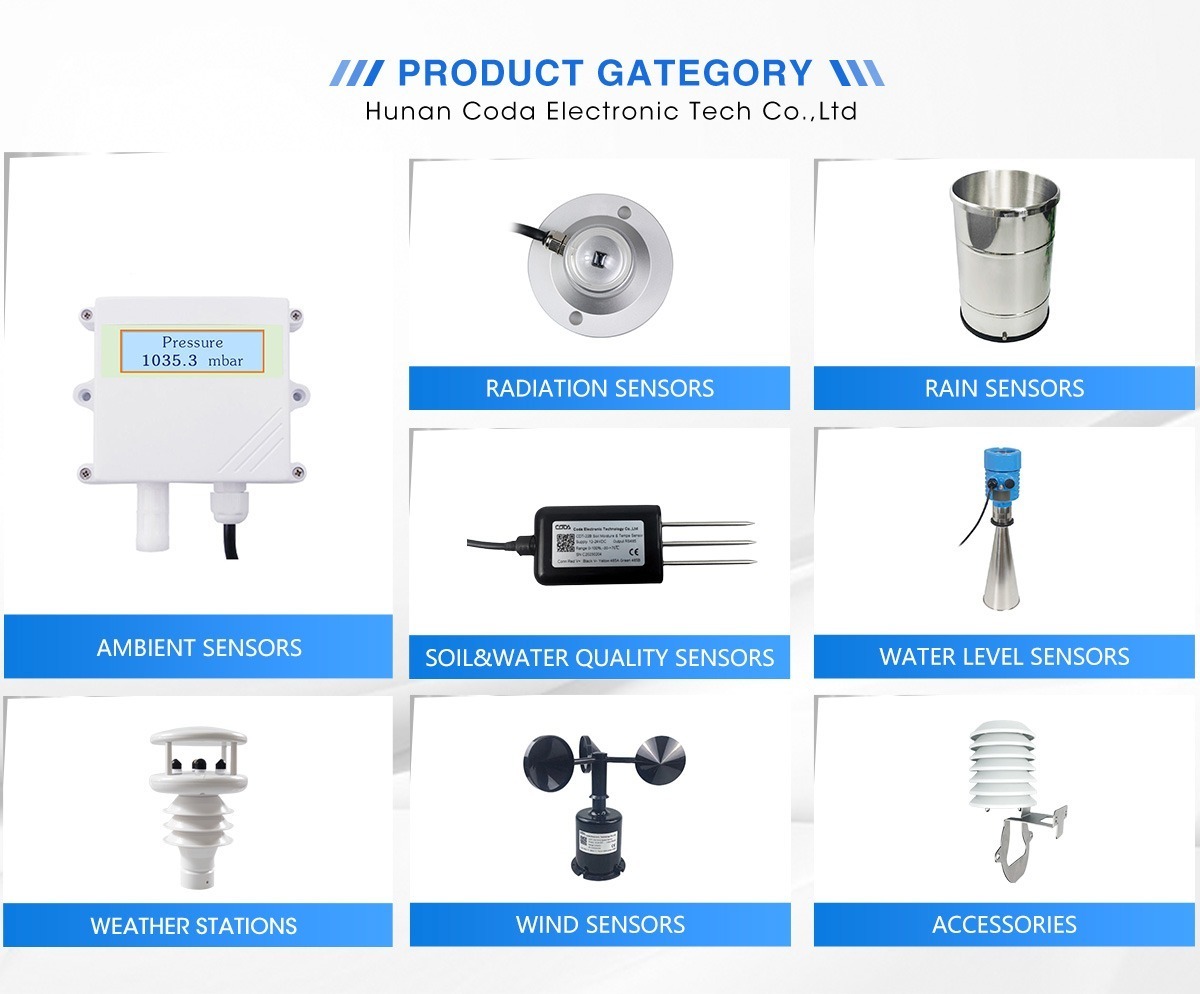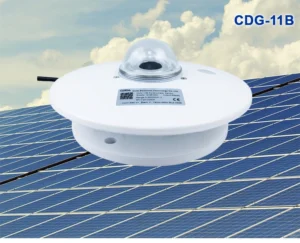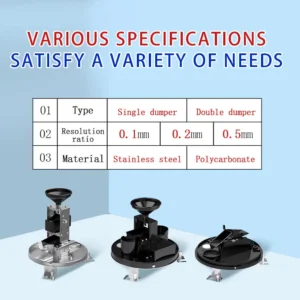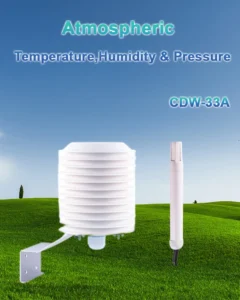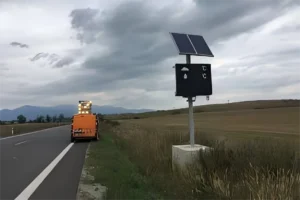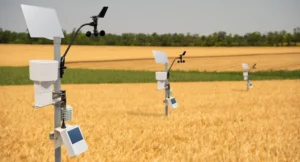what is a weather station
A weather station is a system that has instruments and sensors. These weather sensors measure and record weather data in real-time. The data includes surface temperature, humidity, dew point, measure wind speed, and wind direction.
It also measures air humidity barometric pressure rainfall, sunlight. It tracks snow depth, light levels, and soil moisture as well.
We can sort professional weather station designed on how they are used. These weather stations include portable units, high-precision systems, highway monitors, fire stations, and campus setups.
Weather stations collect play a key role in weather forecasting and climate research. They help keep the environment safe. They also provide data for various industries. Here are the main things they do:
1. **Meteorological Observation and Data Collection**
Home weather stations use special tools to check important weather factors. These factors are temperature, pressure, humidity wind speed, and wind direction. They also check the moisture and measure temperature of the soil for farming.
The data is carefully checked to make sure it is accurate. This builds a strong base for more analysis and practical use.
2. **Weather Forecasting and Disaster Warning**
Wireless weather station gather data. This helps weather experts look at patterns, predict changes, and make forecasts. In extreme weather events like storms, floods, or droughts, these stations give timely warnings.
This helps reduce the risk of loss of life and property. They equip the public and authorities with emergency measures to stay safe.
3. **Agricultural Decision-Making Support**
Weather stations give important information about the environment, such as soil conditions. This helps farmers know when to water their crops, when to plant, and how to use fertilizer. This information boosts crop yields and makes farm management simpler.
4. **Climate Research and Scientific Exploration**
The large datasets from weather stations help climate research. These resources help scientists learn how the atmosphere works. They can learn what causes climate change and look at different weather patterns.
5. **Climate Modeling and Trend Analysis**
Meteorological data collected over the years helps researchers find climate patterns and long-term trends. This information helps us look at climate models and predict future changes.
6. **Environmental Protection and Monitoring**
These stations collect weather data. They also check air quality, UV solar radiation, and pollution levels. This information helps make rules to keep public health safe.
7. **Industrial and Civil Applications**
Personal weather station works data is important in many parts of life and business. It is used for energy management, traffic planning, and outdoor events. This information helps to keep people safe. It also makes things work better and meets daily needs.
8. **Automation and Remote Monitoring**
Modern weather stations are now easier to use in tough weather conditions. They have smart control systems. They also have remote monitoring.
Users can get real-time data. They can also manage the weather station’s functions easily.
In summary, weather stations are important for tracking and studying the weather. They help us predict the weather and research climate. And they help in disaster response and keep an eye on the environment.
They also help with industrial uses. New technology lets modern stations provide quick and easy weather data. Their many functions make them important for social, economic, and environmental needs around the world.
